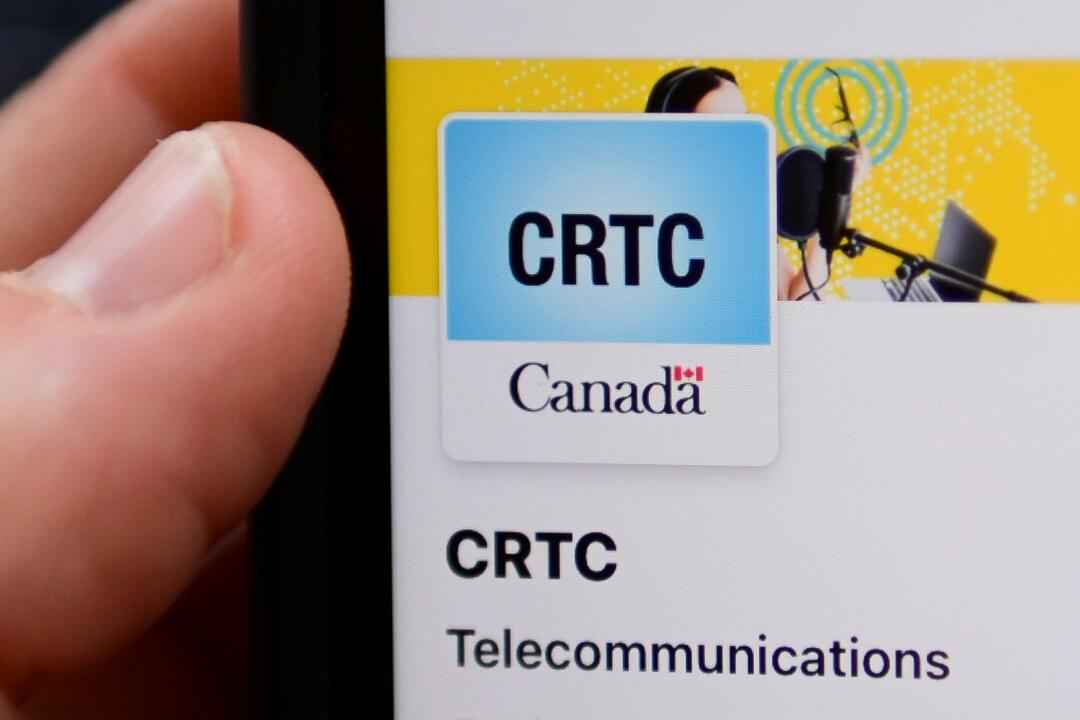Amid petitions to ban China Central Television and the Fox News Channel after Russia Today was blacklisted by Parliament, the Canadian Radio-television and Telecommunications Commission (CRTC) will hold a special hearing on the licensing of all foreign cable and satellite TV services available in Canada.
Vicky Eatrides, CRTO’s chair and chief executive officer, announced the decision during her testimony before the House of Commons heritage committee on Nov. 23, as first reported by Blacklock’s Reporter.





